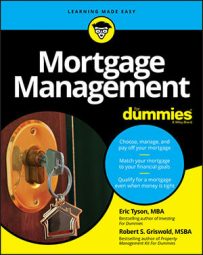Paying a fee for a rate lock is analogous to buying insurance. When you lock the rate, you transfer the risk of something bad happening (for example, interest rates increasing) onto the lenders, who can hedge their risk by using various financial transactions. The longer you ask for the rate to be locked, the more you will pay.
So is ”buying” rate lock insurance worth the cost when you secure a mortgage? You might be asking, “should I lock my mortgage rate?” Consider that on most mortgages, a 60-day rate lock — a length of time that’s highly recommended — will likely end up costing you about one-eighth to one-fourth additional points. On a $200,000 mortgage, that works out to $250 to $500.Now, that amount is nothing to disregard — after all, that kind of money could treat you to some good dinners at your favorite restaurant. However, compare that cost to the extra expense of having to pay a 0.5 percent higher ongoing interest rate over the life of a 30-year $200,000 loan if you don’t lock in your rate and rates jump up. If interest rates are at 7 percent and then rise to 7.5 percent, you’d end up paying approximately $24,480 more over the life of the loan.
It doesn’t seem any expert can accurately predict where interest rates are heading over the next few months. World events can often impact interest rates (especially negatively or upward), so you certainly have no control over the interest rate market. If you don’t want the stress on yourself and your budget, better to lock in your rate when you know which loan and lender you’re going to choose. Also, be sure to get a lender’s rate lock terms in writing. Verbal assurances should be viewed as worthless.
